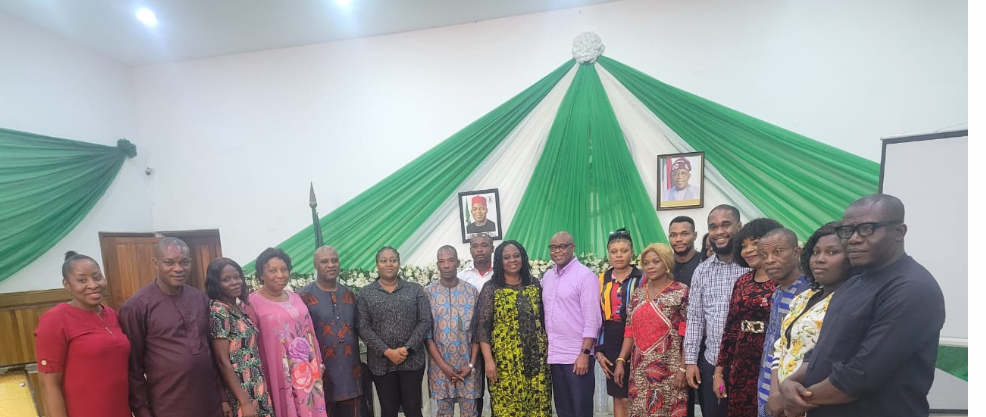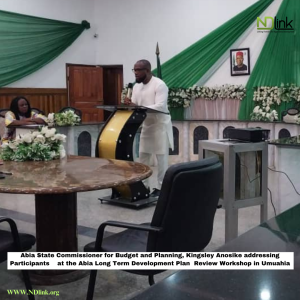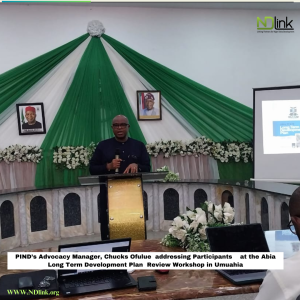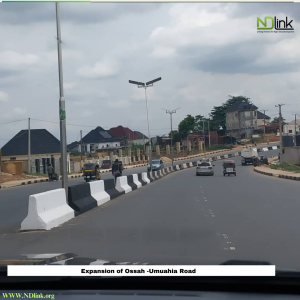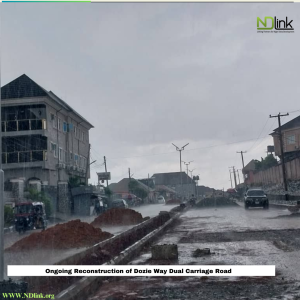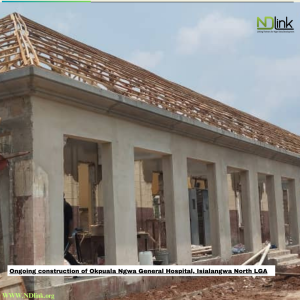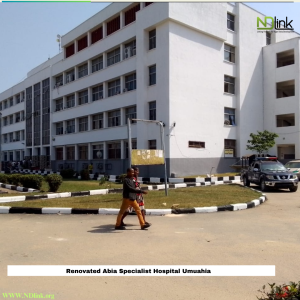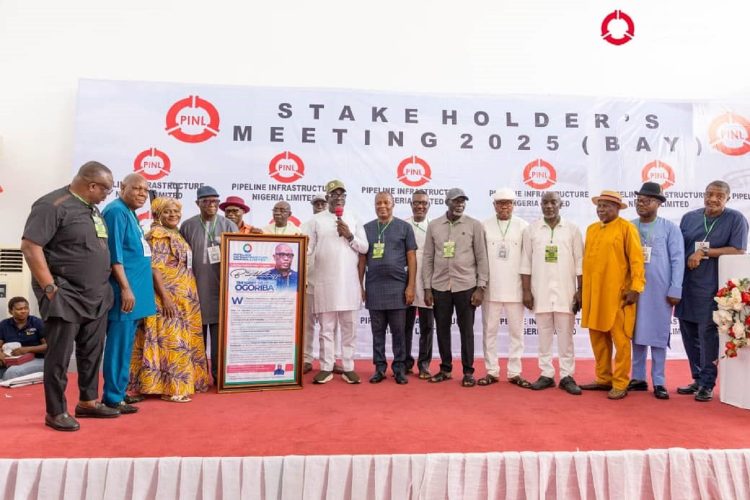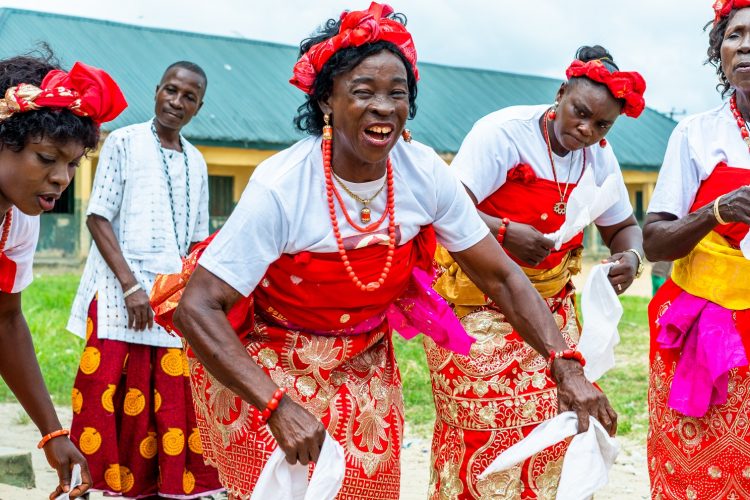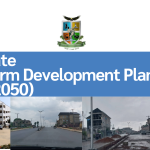
ABIA STATE 30 YEAR LONG TERM DEVELOPMENT PLAN (2020- 2050)
May 21, 2024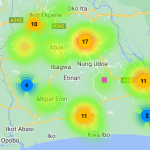
Niger Delta Weekly Conflict Update: May 19-25, 2024
May 24, 2024
The Abia State Government, in partnership with the Foundation for Partnership Initiatives in the Niger Delta (PIND), held a two-day workshop to review the Abia State 2020–2050 Development Plan. This review aimed to assess the progress made by the Abia State, which is a key economic hub in Nigeria, in implementing the development plan since its inception.
This follows the implementation of the Abia State 30-Year Long Term Development Plan (2020-2050) was unveiled at the Abia State Government House in Umuahia the April 7, 2021,. This report was Conceptualized by the PIND Foundation and the Abia State Government after the state won a development planning competition in 2018, the plan involved extensive stakeholder collaboration. It comprises seven sections, fifteen chapters, and eleven pillars, focusing on key sectors like agriculture, industry, and governance. Key initiatives include youth employment programs, agricultural land accessibility, and peacebuilding infrastructure
At the meeting, hosted by the Abia State Ministry of Budget and Economic Planning in Umuahia, the Commissioner, Kingsley Anosike, state that a review of the plan is necessary considering the present realities in the country, including the change in government administration and the significant change in economic indicators away from the initial projections. The State Commissioner for Budget and Planning, said the Alex Otti-led government will stick to the implementation of the plan, with considerations for the realities of the present economic situation in the country.
According to Mr. Anosike, whatever development plan would happen after the review would be based on the needs of the people of the state. He reiterated that the 2020–2050 long-term development plan for Abia State would be thoroughly implemented to ensure the advancement of the oil and gas-rich state and to benefit present and future generations of Abians.
Also present at the review workshop were permanent secretaries of key ministries, departments, and agencies in Abia State, whose projects and activities were included in the long-term development plan. Representatives of the Open Governance Platform, a CSO which seeks concrete commitments from governments to enhance transparency, empower citizens, combat corruption, and improve governance. and representatives of PIND Foundation.
PIND’s Advocacy Manager Chuks Ofulue, who led the PIND delegation, expressed satisfaction with the workshop’s outcomes, commending the Abia State Government for its willingness to participate in the process. Mr. Ofulue stated that PIND’s task was to ensure alignment between the state budget and the 30-year plan, as well as to assess expenditures related to activities outlined in the long-term budget plan. He mentioned that findings had been satisfactory so far and the organization’s next step would involve verifying the allocation of these expenditures to properly analyze the progress of implementation.
Mr. Ofulue said PIND is committed to supporting the state through a close partnership with the Abia State Planning Commission. He highlighted that the 2020–2050 Long-Term Development Plan was produced by Abians for Abia State to guide the state’s future development and is designed to outlive the present administration. He encouraged the government to maintain their current momentum and drive, emphasizing the potential for significant development outcomes if they continued on this path.
Part of the activities during the workshop was the presentation of the Abia State Peoples Budget, which gave a breakdown of the 2024 budget performance and plans for 2024. The budget has been expanded to 50 billion naira, up from the previously proposed 32 billion to cater to identified needs.
The program concluded with a verification tour of some projects by the delegation from the PIND Foundation, who noted commendable progress and support from the Abia State Government in implementing the development plan.
Participants noted the non-partisan nature of the plan and encouraged the people of Abia State to take ownership of the document. Stakeholders hope that the continued implementation of this plan will continue to accrue desired results for the people of Abia State and the Niger Delta region.
To download copy of the Abia State Long Term Development Plan Visit:https://ndlink.org/abia-state-30-year-long-term-development-plan-2020-2050/


